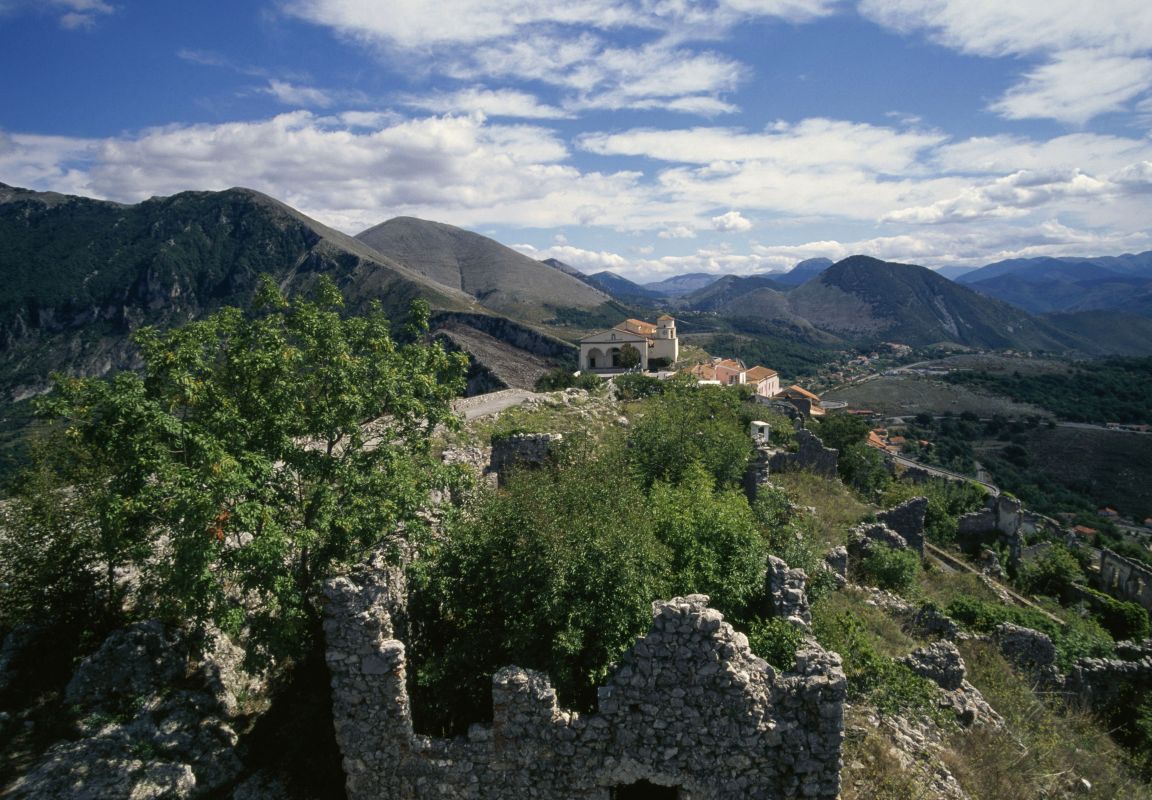No products in the cart.
Fitness Tips
These 6 Italian Towns Are Perfect for Your Next Vacation

Last month, the Italian association I Borghi Più Belli d’Italia (literally: “The Most Beautiful Villages in Italy”) added six new towns to its expanding list of, well, the most beautiful places to visit in the country.
These Borghi represent the best of what Italy has to offer in terms of sights, history, food, and culture. There are now 354 smaller villages selected to promote economic development and preserve the country’s rich history. A further 900 towns wish to join the list, but inclusion isn’t so easy. Borghi must meet 72 individual requirements before they can be added.
The six villages included on this year’s list are:
- Barolo, Piedmont: The most well-known village listed this year, Barolo produces one of Italy’s famous wines, dubbed the “wine of kings.”
- Caldes, Trentino: A quiet, secluded destination in northern Italy most famous for a medieval castle named for the town, which is decorated with ancient frescos.
- Clusone, Lombardy: Nestled in the hills of Bergamo and celebrated for its cultural history. Easily accessible from Milan, it’s perfect for day trips.
- Fontainemore, Aosta: Situated in the Italian Alps, it’s considered one of the most photogenic spots in Italy. Stone houses and wooden chalets dot the countryside, and the village is buffeted by the peaks of the Pennine Alps.
- Maratea, Basilicata: 18 idyllic miles of sandy beaches and views of the Tyrrhenian coast set this destination apart from the rest.
- Nemi, Lazio: Just an hour’s drive from Rome, it was frequented in ancient days by Roman emperors and nobles, who flocked into the Alban Hills to escape the city’s heat.
The association’s mission is to broaden the visibility of the country’s lesser-known historic destinations with the hopes of keeping them economically and socially sustainable. Though founded in 2001, the association stressed the importance of its ongoing work post-pandemic.
“There are already well-established villages that bring further notoriety to the Association and others which, although equally fascinating and rich in artistic and cultural treasures, are less known and need the Association’s drive to make themselves known and appreciated,” said the association’s longtime president, Fiorello Primi, in a press release.
“We are once again asking the national and regional governments for particular attention and a forward-looking strategy so that in these fundamental territorial realities, the true backbone of Italy, the communities can continue to live and to protect the tangible and intangible heritage of which they are custodians,” Primi concluded.
Source link

